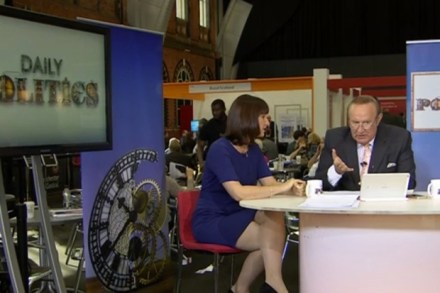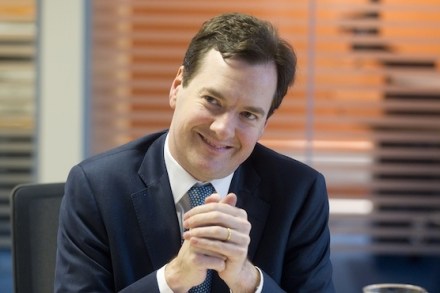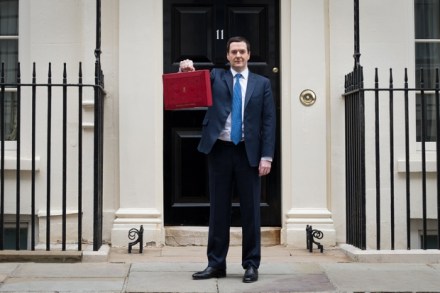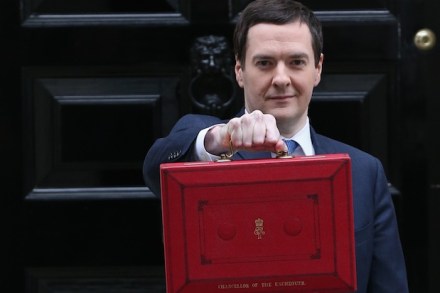George Osborne’s task: to make his party enthusiastic about government
There’s a funny mood at this Tory conference. It has more energy than the Labour conference, but partly that energy is anger at Mark Reckless’ defection, rather than enthusiasm. MPs and advisers are jittery that another defection will come at another terribly inconvenient moment. A third MP leaving the party will suggest real momentum. So George Osborne’s task when he speaks a little later this morning is to turn the energy that’s buzzing about the hall into enthusiasm for government. The Labour conference, for all its desire to get the Tories out of office, lacked that sincere excitement about the idea of the party being in charge. The Tories need




















